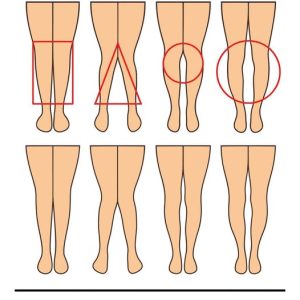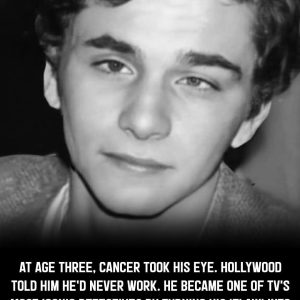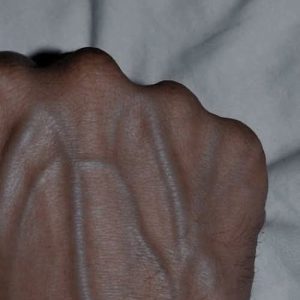Being a single father to three-year-old twins, Bella and Lily, never felt like a heroic calling to him—it was a relentless cycle of exhaustion, problem-solving, and determination. After their mother left when the girls were infants, he learned to balance remote IT work with bottle-feeding, diaper changes, and the fractured sleep of early parenthood. He built a fragile but functioning routine by working during naps and late at night, leaning on his own mother when possible, and stretching every dollar of his paycheck. But everything collapsed at once: daycare closed because of a COVID exposure, his job cut his salary by twenty percent, his mother needed heart surgery that insurance barely covered, the rent jumped, and then—of all the cruel timings—the washing machine died. For a parent of toddlers, laundry wasn’t a chore but a lifeline, and after days of bleeding knuckles from hand-washing clothes in the tub, he packed the twins in the car and went searching for a cheap replacement at a secondhand appliance shop.
The appliance store, cluttered with mismatched refrigerators and a “No refunds” sign, became the unlikely setting of a turning point he never saw coming. As he examined a beat-up machine, a woman in her late sixties with a neat gray bun struck up a conversation. She admired the twins, gently asked about their mother, and instead of offering pity, she simply told him he was “doing a good job”—words that landed more deeply than she probably knew. She pointed him toward a scuffed Samsung washer in the corner, which he purchased with the last of his spare money. But when he brought it home and tried to run the first load, the drum wouldn’t turn. Frustrated, he reached inside and discovered a small cardboard box wedged behind the drum. On it was an elegant handwritten note: “For you and your children. —M.” Inside were two house keys attached to a red tag and an address. Shock, fear, and a fragile thread of hope mingled as he read the note again and again.
The next morning, he drove the twins to the address—a quiet white house tucked under oak trees, green shutters fading in the sun, a “For Sale” sign leaning forgotten against the fence. The key matched. Inside, the home smelled of lavender and dust, furnished and warm rather than abandoned. On the kitchen counter, another note waited: “This house belonged to my sister. She passed last year. She always wanted children but could never have them. I think she’d like knowing her home was full of life again. Take care of it. Take care of the twins. It’s yours now. —M.” Overwhelmed, he collapsed onto the couch and wept. The gift was impossible to comprehend: a home, safety, a new beginning. But gratitude alone wasn’t enough—he needed to thank the person behind such generosity. When he returned to the appliance shop, the clerk didn’t look surprised; he gave him a name and an address, explaining that “Margaret” had predicted he’d return.
When he visited Margaret a week later, she opened the door as if expecting him. When he asked why she would give such an unimaginable gift to a stranger, she shared her own story: as a young woman, she too had been struggling, taken in by someone who let her stay rent-free until she could rebuild her life. That kindness saved her. She had vowed to repay it if she ever had the means. When she saw him wrangling the twins and studying a broken washer, she recognized the same desperation she once carried. Quietly, while he was distracted, she slipped the box into the washer and arranged everything else—the keys, the notes, the stocked fridge in her late sister’s house. She believed in paying forward the grace she had once received. Her kindness wasn’t random; it was intentional, rooted in gratitude, and carried out with quiet care.
Six months later, his life has transformed in ways he never imagined possible. The twins now have their own bedrooms decorated with tiny beds and mismatched stuffed animals. His mother has healed after surgery and now lives with them in the guest room Margaret insisted they prepare. The garden blooms with marigolds and daisies they planted together, and chalk drawings brighten the driveway. In the evenings, he sits by the fireplace listening to Bella and Lily laugh down the hallway, marveling at how a stranger’s kindness rewrote their future. Every time he carries the laundry basket past the Samsung washer, he remembers the woman in the floral blouse who saw a struggling father and chose compassion. Life, he realizes, can break a person open—but sometimes it mends them in the very same moment.




